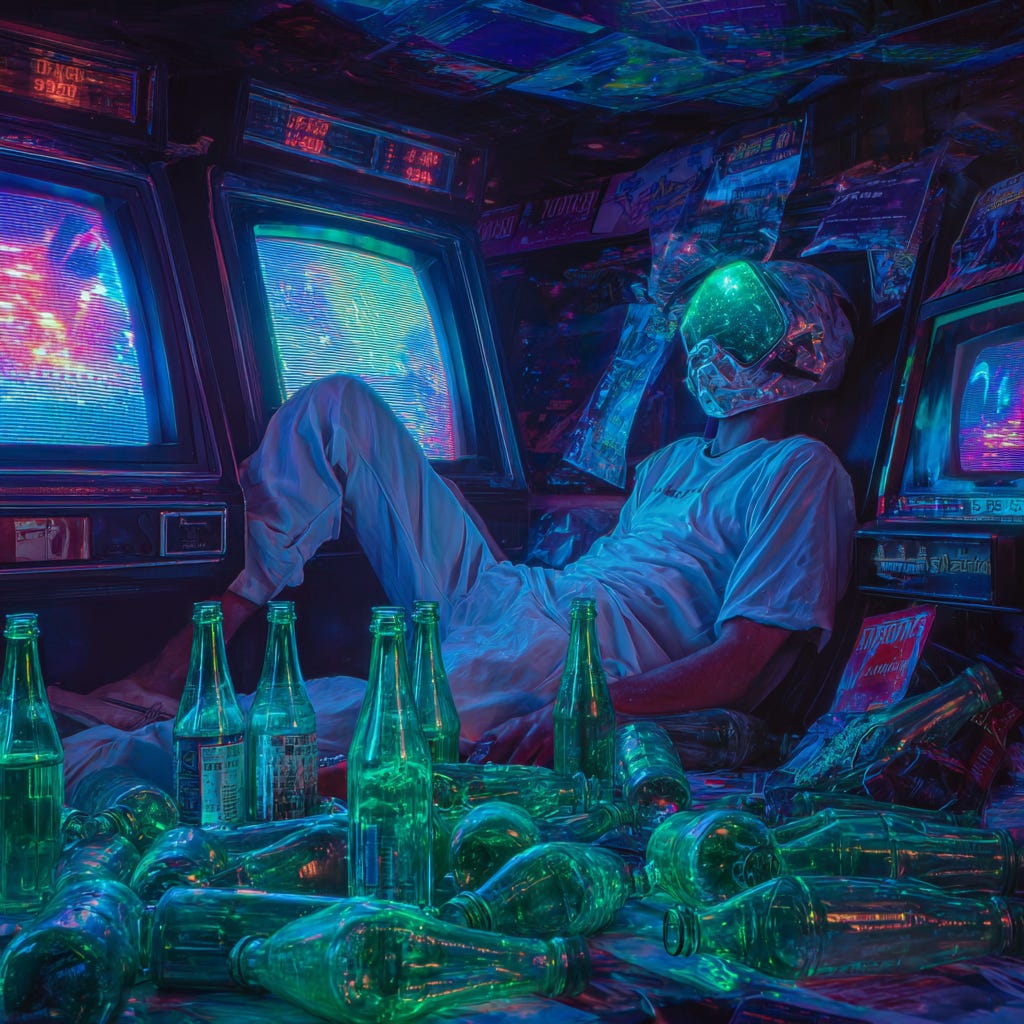"Negative Goods" Threaten Everything You Know
What they are, and why they are a bigger problem than ever
"Every art and every inquiry, and similarly, every action and pursuit, is thought to aim at some good, and for this reason, the good has been declared to be that at which all things aim" - Aristotle
A negative good is a man-made product or byproduct that society wants less of, rather than more. Some examples of negative goods are pollution, racism, debt …




